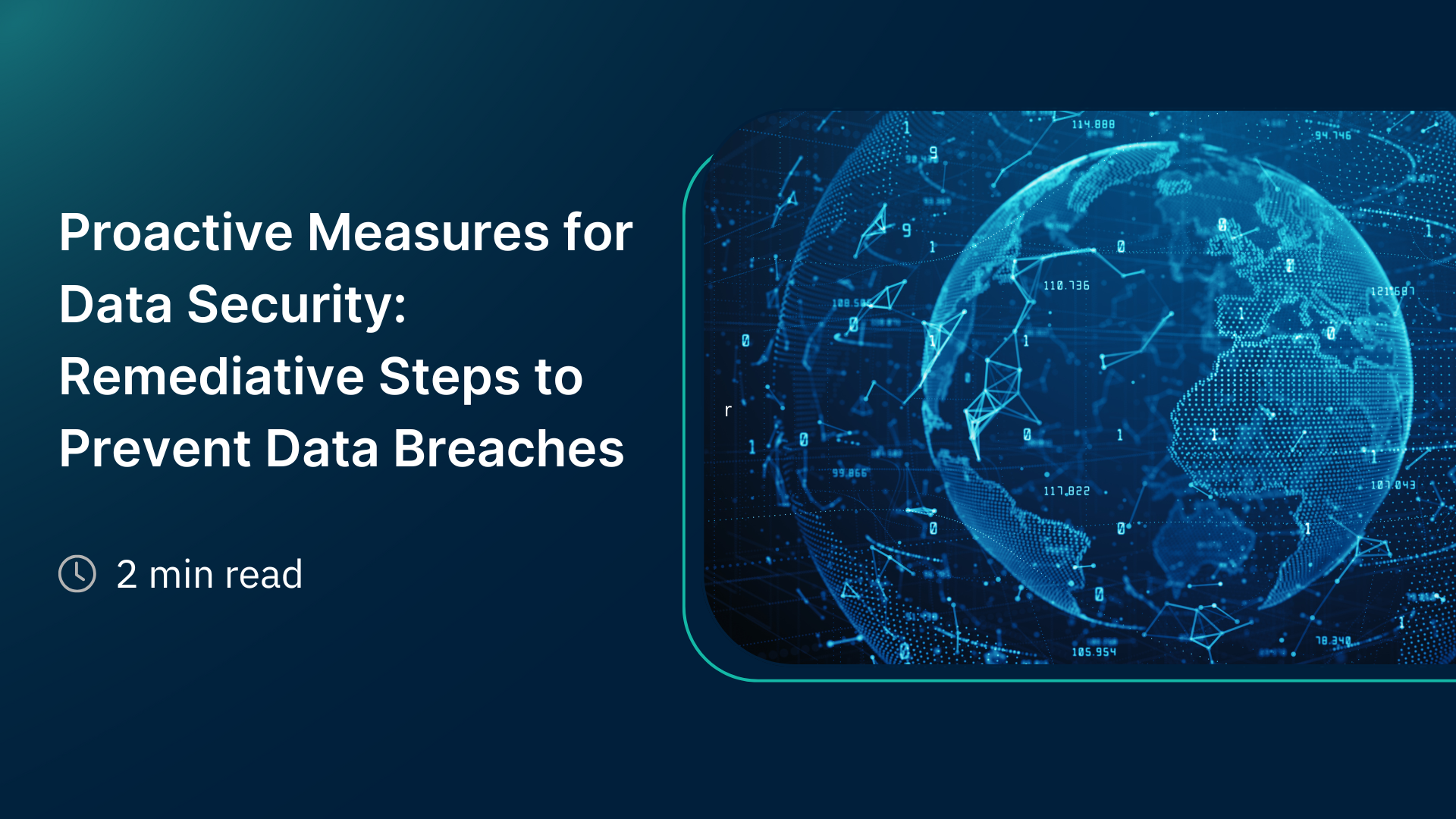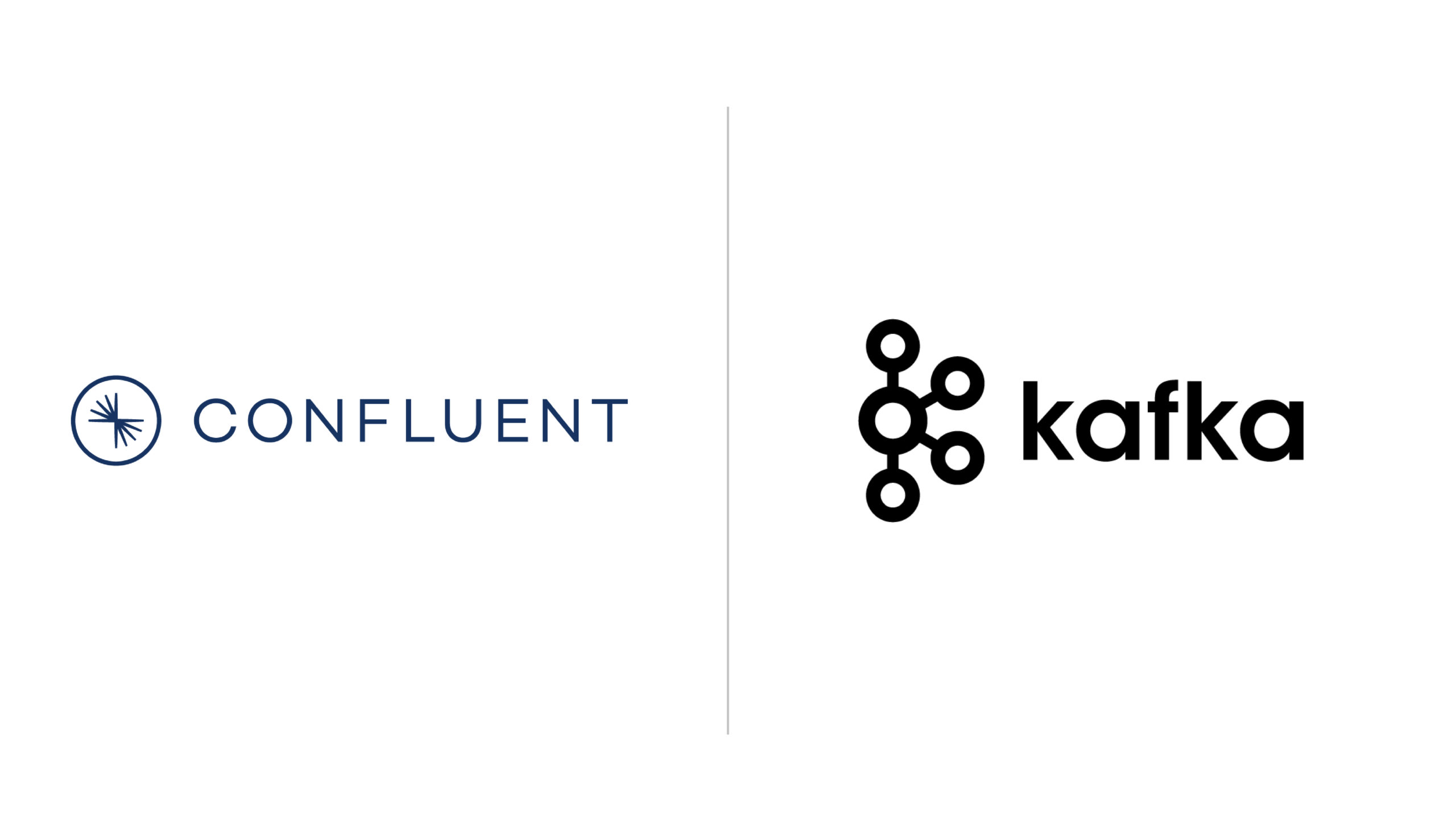Essential Steps for GDPR-Compliant Data Transfers
Cross-border data transfers have become standard practice in today's globalized world. However, with increasing concerns about data privacy, particularly in the EU, it's crucial to ensure that these transfers comply with the General Data Protection Regulation (GDPR).
The GDPR sets specific requirements for data transfers, especially when personal data is transferred outside the European Economic Area (EEA). Failure to comply can result in significant fines and harm to a company's reputation.
Recently, Uber was hit with a fine of 290 million euros ($347 million USD) after improperly transferring driver data from the EU to the US. To ensure your business minimizes the risk of non-compliance and data breaches, here are a important steps you can take.
UNDERSTAND WHAT CONSTITUTES A DATA TRANSFER
It's important to understand what a data transfer to third countries or international organizations means under the GDPR. Any movement of personal data from within the EEA to a non-EEA country is classified as a transfer. This encompasses scenarios such as storing data on servers located outside the EEA, sharing information with third-party service providers, or allowing remote access by employees or partners based outside the EEA. Recognizing these specifics will help you determine what steps to take to properly meet GDPR requirements.
Borneo’s accurate and real-time data visibility helps you visualize where your sensitive and confidential data resides, how it’s managed, the risk level associated with it, and can automatically take corrective actions to help you achieve compliance faster and with less "manual" effort.
CHOOSE A VALID TRANSFER MECHANISM
The GDPR outlines several mechanisms for transferring data to third countries, each with its own requirements:
- Adequacy Decisions: The European Commission may determine that a non-EEA country offers an adequate level of data protection. Transfers to these countries are straightforward, as they are considered to provide protection equivalent to GDPR standards.
- Standard Contractual Clauses (SCCs): These are pre-approved legal agreements by the European Commission that impose GDPR-compliant data protection obligations on the data exporter and importer. SCCs are one of the most widely used safeguards, especially when transferring data to countries without an adequacy decision.
- Binding Corporate Rules (BCRs): These are internal rules for data transfers within multinational companies. BCRs must be approved by the relevant data protection authority and are typically used for intergroup data transfers.
- Derogations: In some cases, GDPR allows for data transfers based on specific derogations, such as explicit consent from the data subject to the proposed transfer –after being informed of the risks of it–, if the transfer is necessary for the performance of a contract, or if it’s for reasons of public interest.
ASSESS THE ADEQUACY OF PROTECTION
If you're transferring data to a country without an adequacy decision, it’s crucial to assess whether the destination country’s legal framework ensures an adequate level of protection. This assessment involves evaluating local laws and regulations, the potential government access to data, and the effectiveness of data protection authorities.
IMPLEMENT ADDITIONAL SAFEGUARDS
Even with SCCs or BCRs in place, additional safeguards are recommended. These can include:
- Encryption: Ensure that data is encrypted both in transit and at rest, using robust encryption standards.
- Anonymization: This approach involves processing personal data in such a way that it can no longer be attributed to a specific data subject without additional information. This adds a layer of security should the data be intercepted.
- Data Minimization: Limit the amount of personal data transferred to the minimum necessary for the intended purpose.
Borneo’s platform leverages a higher-level of accuracy in establishing data risks, but goes further by leveraging AI to build workflows and actions in real-time to implement the the above measures based on necessity and risk levels. In addition, with our automated and proactive alerts, you will get notified of any data incidents or anomalies based on customized triggers, in addition to our remediation capabilities so you can ensure your sensitive and confidential data is protected both at rest and in transit.
UPDATE YOUR DATA PROTECTION POLICIES
Regularly review and update your data protection policies to ensure they align with current GDPR requirements and best practices. This includes maintaining a record of all data transfers, conducting Transfer Impact Assessments (TIAs) for high-risk transfers, and ensuring that all staff involved in data processing are adequately trained.
While this process might seem tedious, the Borneo platform does a lot of the heavy lifting around collecting the necessary information, providing a real-time understand of risks, and remediation actions. However, Borneo's team of international privacy experts can guide you and offer support throughout the process.
MAINTAIN TRANSPARENCY WITH DATA SUBJECTS
Transparency is a key principle of the GDPR. In order to ensure compliance with the applicable regulations, you must inform data subjects about where their data will be transferred, the legal basis for the transfer, and the safeguards in place to protect their data. This can be done through clear, comprehensive privacy notices and by providing data subjects with access to their data transfer records upon request.
DATA BREACH PREPAREDNESS AND RESPONSE
In the unfortunate event of a data breach, having a robust response plan is critical. GDPR requirements state that in the case of a personal data breach, the controller has to notify the supervisory authority within 72 hours, while also saying that if a personal data breach is likely to pose a risk to individuals, the controller must promptly notify the affected data subjects.
Borneo’s software alerts you of any potential data breach, and while we automate a lot of the manual tasks most data, security, and privacy teams normally undertake or collect from multiple tools, our team of international privacy experts will guide you through the process of handling and reporting if necessary.
CONCLUSION
Ensuring GDPR-compliant data transfers is a complex but essential part of business operations. By understanding the legal requirements, choosing the right transfer mechanisms, implementing robust safeguards, and staying informed about regulatory changes, you can protect your business and your customers’ data. As data privacy continues to evolve, maintaining compliance will not only help you avoid legal penalties but also build trust with your clients, stakeholders, and partners. Borneo is focused on eliminating manual tasks, providing the ultimate level of real-time accuracy around data risk to sensitive data and PII, and helping you remediate risks as they emerge. Through this process we can provide with not just precise reporting, but also help you achieve continuous compliance at every step of the way.
To learn more about how Borneo goes beyond current solutions to help you maintain continuous GDPR compliance, please contact us at info@borneo.io or visit our website at https://www.borneo.io.

 By
By


